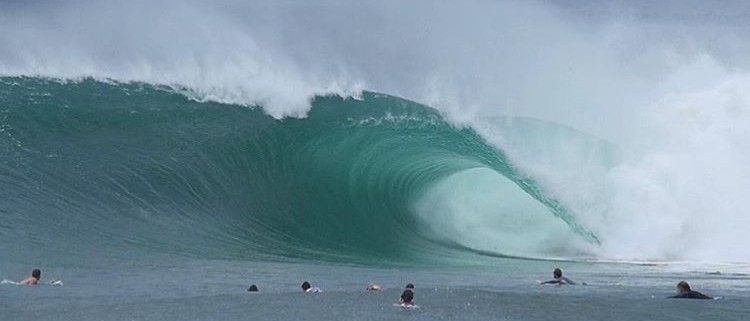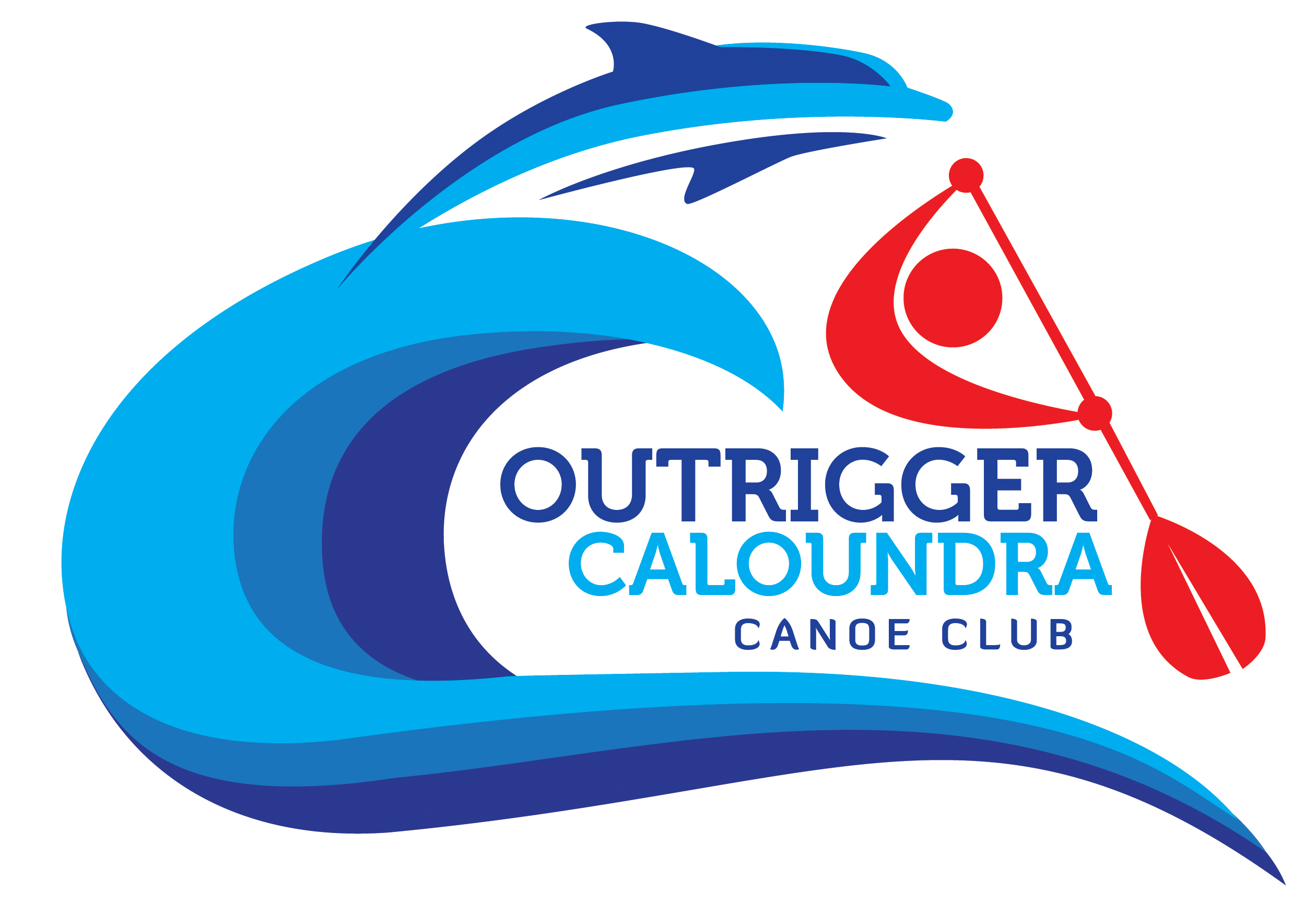The Caloundra Bar demands our respect. It is unpredictable and one of the toughest to get in and out of. Conditions not only change daily; they can change by the minute. If the wind picks up or changes direction, a once calm bar can turn nasty! Just like Uncle Bruce says, there is no such thing as a “freak wave”, we are often the freaks for being there.
The table below was introduced to manage the risks associated with crossing the bar for ocean training. Further information about safety and risk management can be found in our Code of Conduct, our Risk Management Plan and AOCRA’s Member Protection policy.
For the purpose of bar crossings, paddlers can be divided into 4 main groups including:
Experienced: paddlers who have at least 2 years of outrigger experience, have a broad range of outrigger skills and are reliable crew members
Novice Paddler: 1st and 2nd year paddlers who need to work on their technique, skill, strength and/or attendance to be considered experienced
Social Paddler: men and women who are one or more of the following: not interested in racing; train irregularly; not interested in being coached; or just want to enjoy a light paddle for social interaction and light exercise.
Restricted: paddlers who have failed one or more parts of the safety test or have proven to be a risk to the safety of others in the past.
The table below is a guide for when these paddlers can and can’t cross the bar in various conditions. We stress that this is a guide only and any steeerer or paddler at any time can refuse to paddle across the bar due to safety concerns. Safety is everyone’s responsibility.
| |
Dead Flat |
Mild |
Medium |
Rough |
Wild |
| Non AOCRA member OR
member who hasn’t done huli drill |
X |
X |
X |
X |
X |
| Restricted |
X |
X |
X |
X |
X |
| Social |
Yes |
Yes |
X |
X |
X |
| Novice |
Yes |
Yes |
X/Yes
If with experienced paddlers |
X |
X |
| Experienced |
Yes |
Yes |
Yes
|
Yes |
X |
Dead Flat: as flat as a tack, straight across the bar. Can cross with solo OC6
Mild: clear pathway to ocean. Can cross with solo OC6
Medium: seats 1 and 2 may be air-swinging on 1 or 2 waves at the back of the bar but no crashing waves on chosen path. Covers not essential but recommended. Coaches, steerers and paddlers discretion to go over bar on an outgoing tide. Need to consider wind and likelihood of conditions changing. Cross with at least 2 OC6s.
Rough: crashing waves across the bar with multiple sets of waves to punch through. Requires covers and timing the sets. Paddlers may cross the bar on an incoming tide only. Cross with at least 2 OC6s.
Wild: crashing waves across the bar that can be heard and seen from Golden Beach. Freak wave central.


